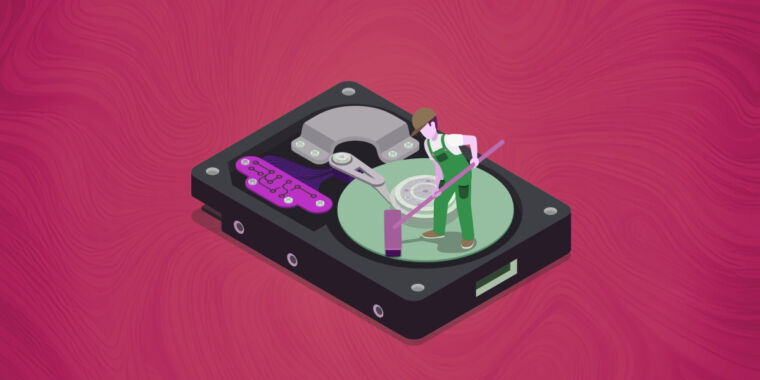cross-posted from: https://nom.mom/post/121481
OpenAI could be fined up to $150,000 for each piece of infringing content.https://arstechnica.com/tech-policy/2023/08/report-potential-nyt-lawsuit-could-force-openai-to-wipe-chatgpt-and-start-over/#comments



Bullshit. If I learn engineering from a textbook, or a website, and then go on to design a cool new widget that makes millions, the copyright holder of the textbook or website should get zero dollars from me.
It should be no different for an AI.
Agreed. Royalties are a capitalist invention
While I agree, corporations shouldn’t make bucks on knowledge(sorta) they basically eavesdropped and violated the privacy of millions of people for.
AI solutions are made from people’s ideas, and should be freely accessible by the people by definition. It not being sustainable as a business model is also a feature in this case, since there’d be no intrinsic incentive to steal data and violate privacy.
Yes, but what about you going into teaching engineering, and writing a text book for it that is awfully close to the ones you have used? Current AI is at a stage where it just “remixes” content it gobbled in, and not (yet) advanced enough to actually learn and derive from it.
Last time I looked, textbooks were fucking expensive. You might be able to borrow one from the library, of course. But most people who study something pay up front for the information they’re studying on
Every time I see this argument it reminds me of how little people understand how copyright works.
The crux is fair compensation. The rights holder has to agree to the usage, with clear terms and conditions for their creative works, in exchange for a monetary sum (single or reoccurring) and/or a service of similar or equal value with a designated party. That’s why AI continues to be in hot water. Just because you can suck up the data does not mean the data is public domain. Nor does it mean the license used between interested parties transfers to an AI company during collection. If AI companies want to monetize their services, they’re going to have to provide fair compensation for the non-public domain works used.
Human experience considers context, experience, and relation to previous works
‘AI’ has the words verbatim in it’s database and will occasionally spit them out verbatim
It doesn’t. The original data is nowhere in its dataset. Words are nowhere in its dataset. It stores how often certain tokens (numbers computationally equivalent to language fragments; not even words, but just a few letters or punctuation, often chunks of words) are found together in sentences written by humans, and uses that to generate human-sounding sentences. The sentences it returns are thereby a massaged average of what it predicts a human would say in that situation.
If you say “It was the best of times,” and it returns “it was the worst of times.”, it’s not because “it was the best of times, it was the worst of times.” is literally in its dataset, it’s because after converting what you said to tokens, its dataset shows that the latter almost always follows the former. From the AI’s perspective, it’s like you said the token string (03)(153)(3181)(359)(939)(3)(10)(108), and it found that the most common response to that by far is (03)(153)(3181)(359)(61013)(12)(10)(108).
Sorry, wrong reply
Impressioning and memorization, it memorised the impression (“sensation”) of what it’s like to have the text in the buffer: “It was the best of times,” and “instinctively” outputs it’s impression “it was the worst of times.” Knowing each letter it added was the most “correct” rewarding.